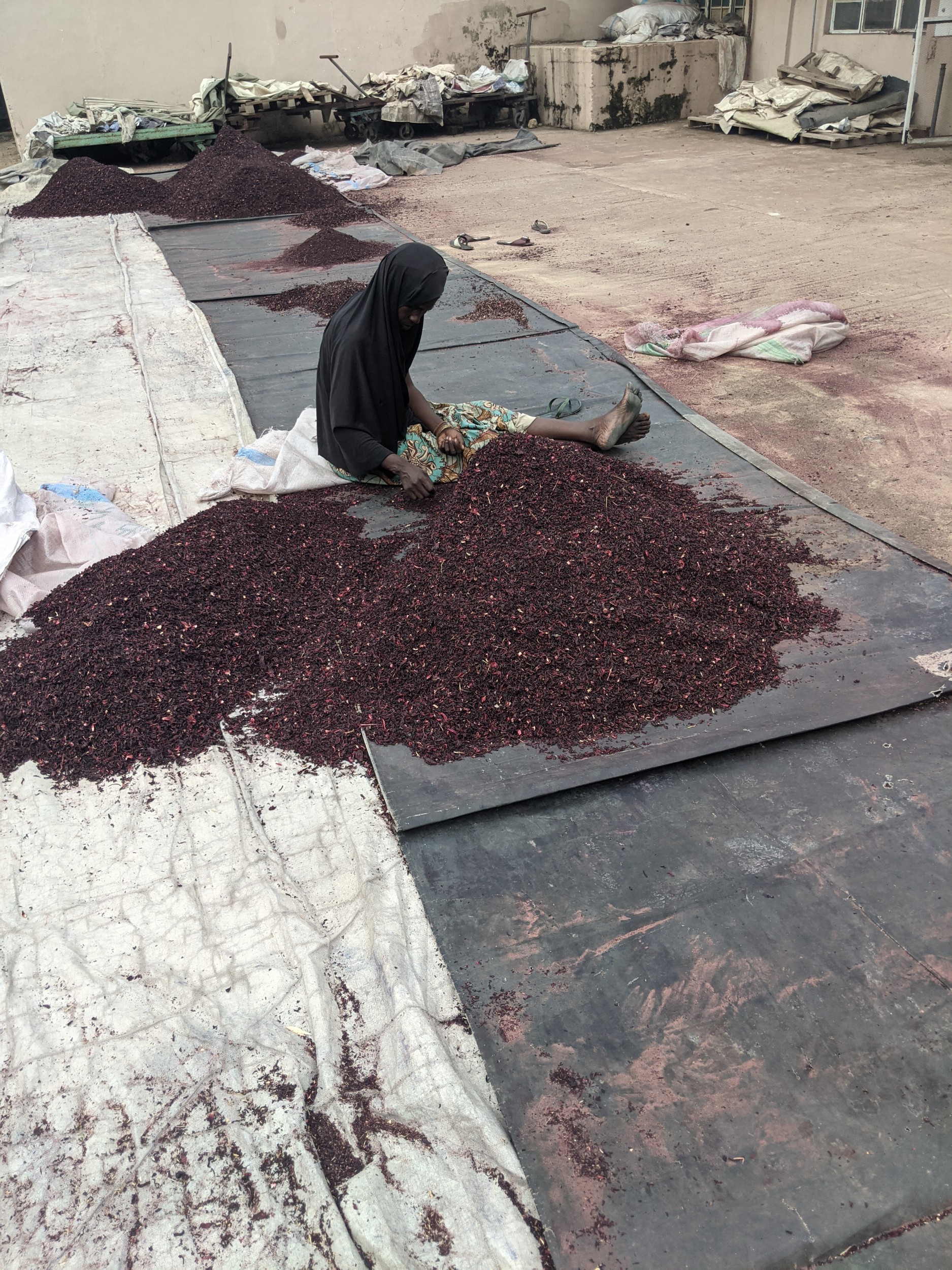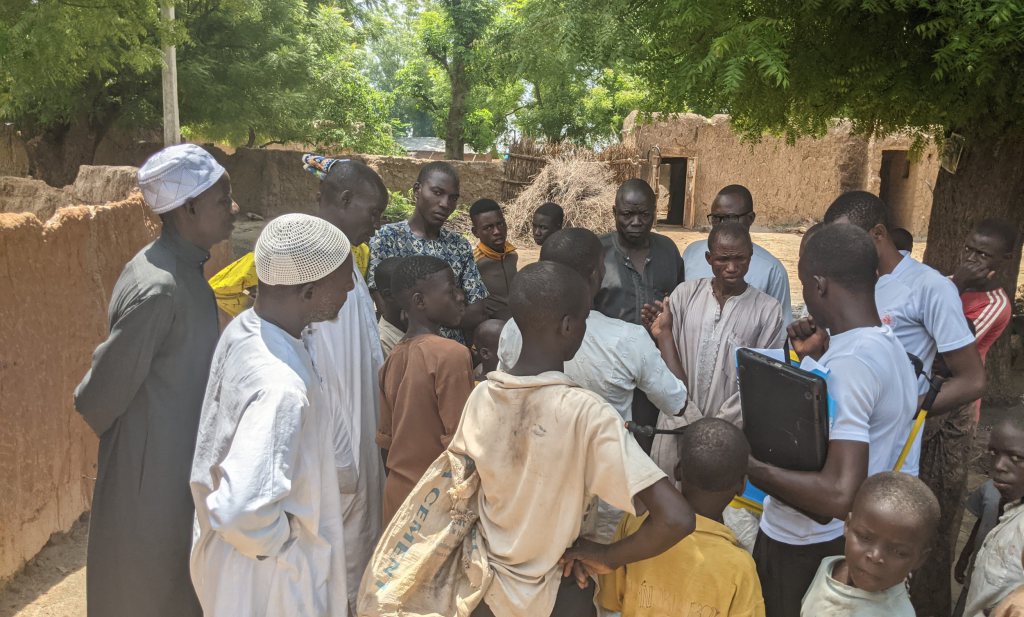In his letter to his farmers this week, Babatunde discusses the importance of implementing measures to combat climate change, and the need for policy makers to step up in providing resources to farmers, especially in a rapidly changing world with the onset of Covid-19.
As Covid-19 is changing the way we live, likewise climate change is changing the way we carry out activities within our environment. Sadly, in the rural communities (in developing countries), climate change is adversely affecting their livelihood, especially those in the agrarian areas as they are faced with irregular rainfall patterns, increased pest infestation, extreme temperature and unpredictable weather conditions amongst other effects. This is further exacerbated with the unprecedented economic "slowdown" caused by Covid-19, and has contributed negatively to their local economy.
 Cleaning Facility, Kano State
Cleaning Facility, Kano State
Notwithstanding, farmers are devising various adaptive measures to cope with this new reality, but the efforts are yielding only little results. Unfortunately, self-help is not enough as there are only a few resources available at their beckon to achieve the needed significant change in their respective environment . Therefore, it is important that policy makers take the issue of climate change more seriously and be proactive enough to develop policies that will support climate smart practices on a larger scale and provide succor to the local economy. Furthermore, policy makers should encourage more private sector-drive initiatives that provide strong partnership with the local authorities in the rural communities. There is also a need for a strong political-will to implement programmes supporting adoption of climate smart practices, as well as programmes supporting local economic development on a short and long term basis.
In conclusion, exploring the most suitable approaches that consider the needs of the farmers (in the rural communities), and providing palliative in the short run to stimulate the local economy, would go a long way to promote sustainable growth. Many small businesses will thrive, recover and enjoy growth in the medium to long term. Therefore, we all need to be involved!
Yours-in-service
Babatunde
 Cleaning Facility, Kano State
Cleaning Facility, Kano StateNotwithstanding, farmers are devising various adaptive measures to cope with this new reality, but the efforts are yielding only little results. Unfortunately, self-help is not enough as there are only a few resources available at their beckon to achieve the needed significant change in their respective environment . Therefore, it is important that policy makers take the issue of climate change more seriously and be proactive enough to develop policies that will support climate smart practices on a larger scale and provide succor to the local economy. Furthermore, policy makers should encourage more private sector-drive initiatives that provide strong partnership with the local authorities in the rural communities. There is also a need for a strong political-will to implement programmes supporting adoption of climate smart practices, as well as programmes supporting local economic development on a short and long term basis.
In conclusion, exploring the most suitable approaches that consider the needs of the farmers (in the rural communities), and providing palliative in the short run to stimulate the local economy, would go a long way to promote sustainable growth. Many small businesses will thrive, recover and enjoy growth in the medium to long term. Therefore, we all need to be involved!
Yours-in-service
Babatunde
Related



